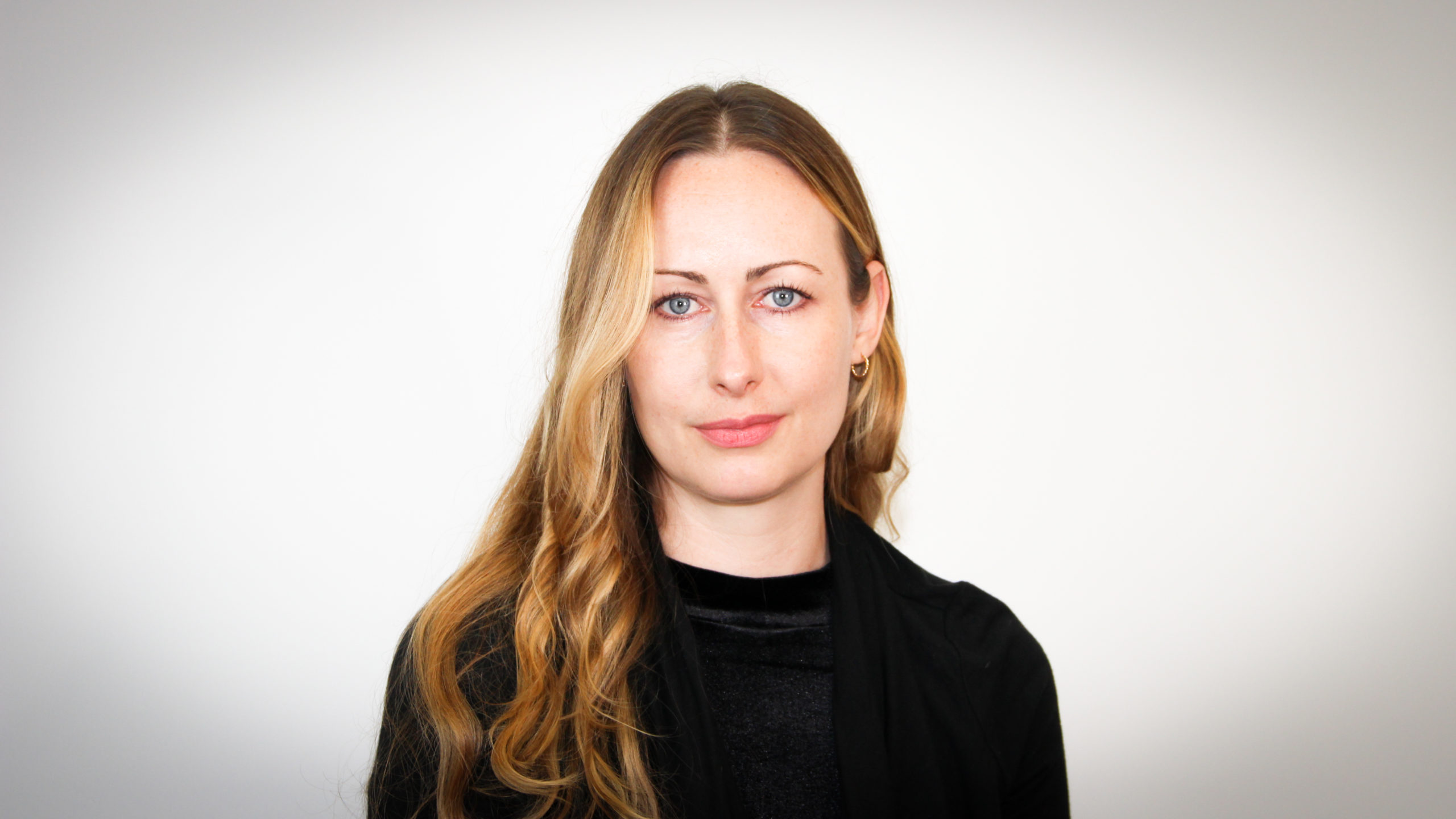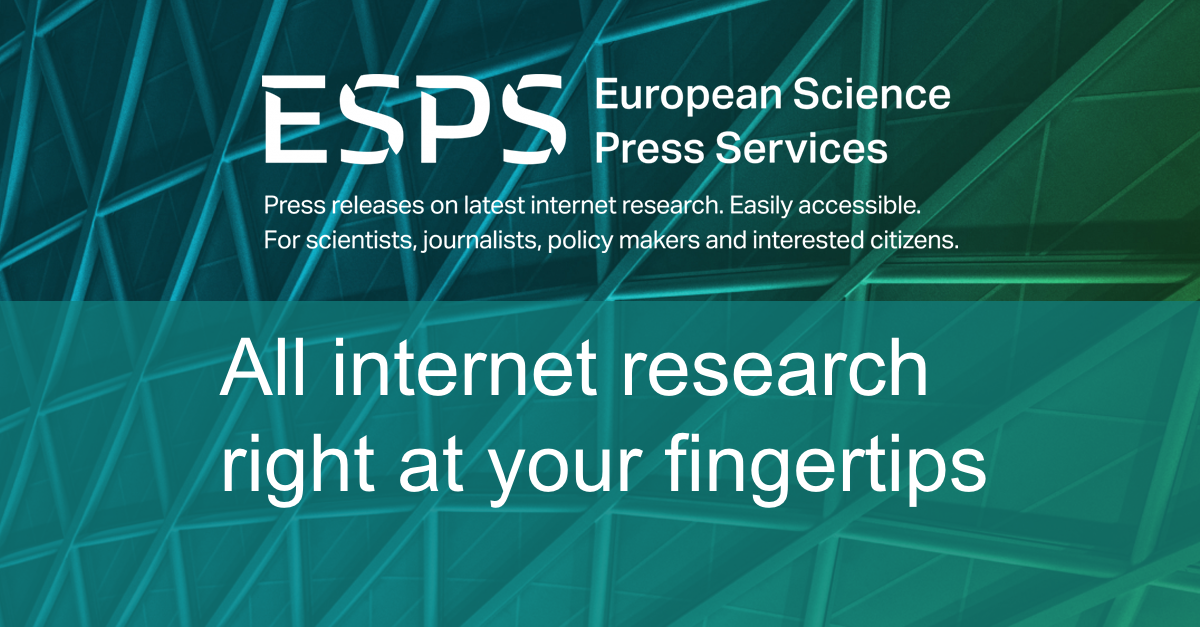
Global network for internet research
The Global Network of Internet and Society Research Centers (NoC) is an initiative started in 2012, which aims to increase cooperation between participating centres in order to facilitate knowledge exchange, realise synergies and collectively confront transnational issues on a global level. In the process, they grapple with a variety of topics of both domestic and global importance: policy, regulation and governance, human behaviour and social impact, new markets and business models, intellectual property, privacy and security, and many other issues. The Network initiates and facilitates joint research activities and events and thereby has added a global perspective on the current debates on internet and society.
In August 2020, the NoC launched its international research project "Ethics of Digitalisation - From Principles to Practices". The two-year project aims to develop groundbreaking and actionable answers to challenges in the area of conflict between ethics and digitalisation. Apart from HIIG, the main project partners of the joint initiative are the Berkman Klein Center at Harvard University, the Digital Asia Hub, and the Leibniz Institute for Media Research I Hans-Bredow-Institute. The research project is funded by Stiftung Mercator; German Federal President Frank-Walter Steinmeier is its patron.
The European perspective on global issues
In October 2017, representatives from 15 European research institutes of the NoC launched the European Hub. The aim is to coordinate European cooperation on Internet and society research and to harness synergies between research projects in order to strengthen European Internet research at an international level. The Hub's work focuses on independent and interdisciplinary research on the opportunities and challenges of digital technology, innovation and European society. The European network currently comprises 58 institutions from all over Europe.
“European research traditions and theories will be able to make an even bigger contribution to our understanding of the digital society. We at HIIG are pleased to support this process.”
Wolfgang Schulz, director of HIIG
Newest events of the network
Past events of the network
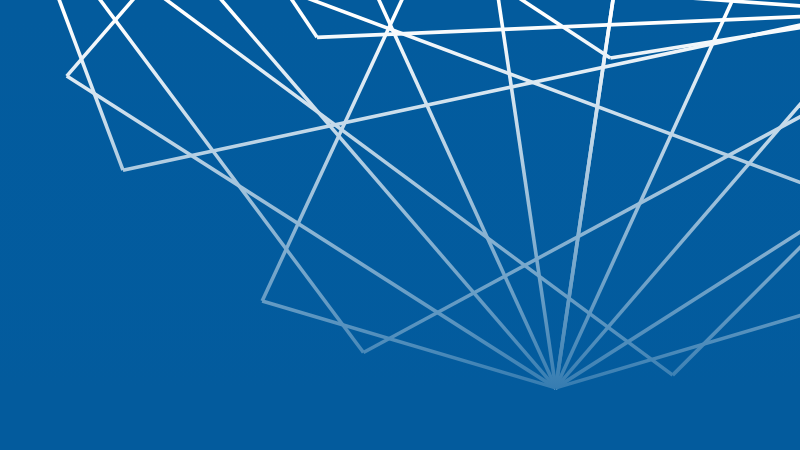
Quantum Computing: Societal issues of a new technology
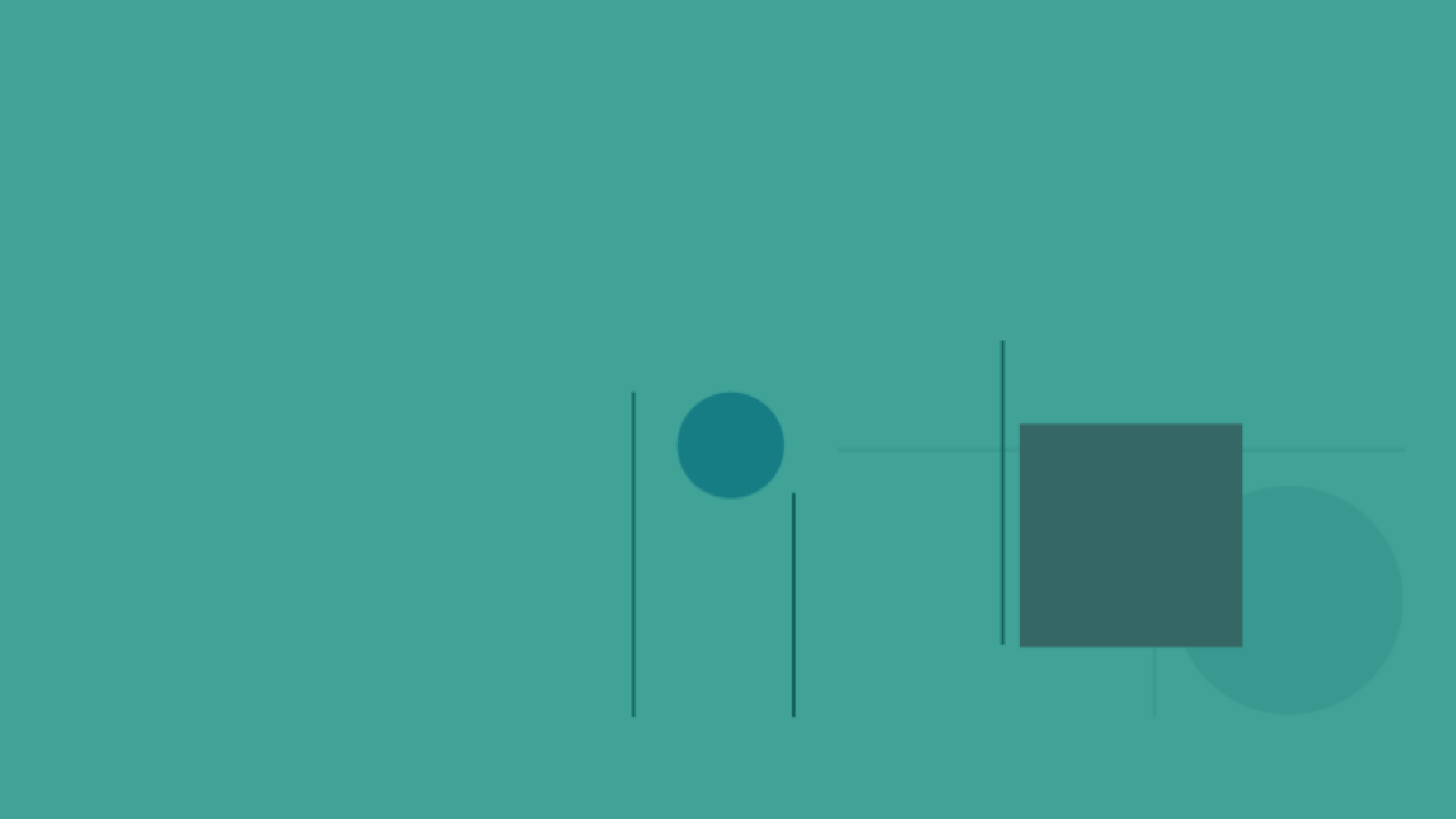
AI20: Artificial Intelligence in the Global Context

Examining Freedom of Online Communication Across Transatlantic Borders
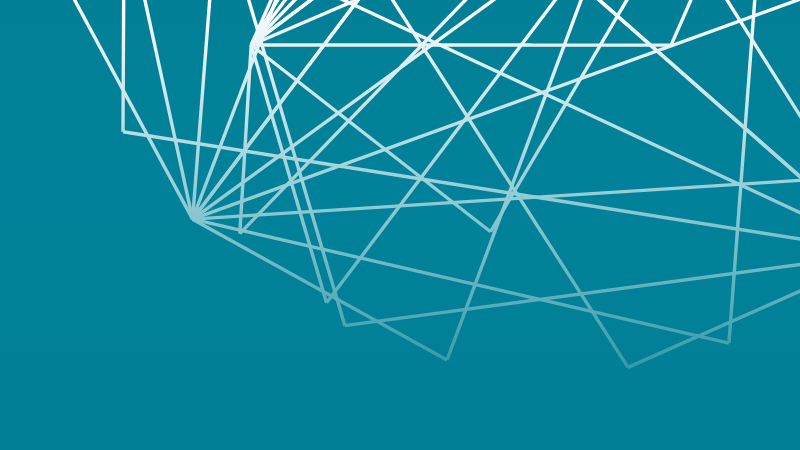
Access all areas? Research data access under the DSA

Platform Regulation and Democracies
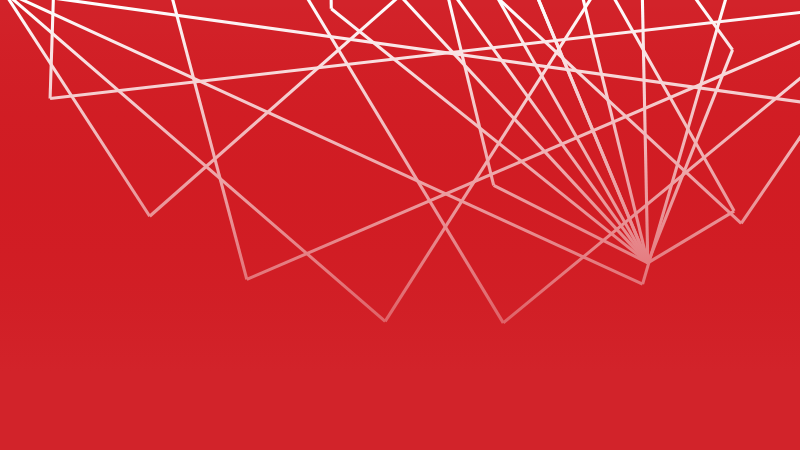
Focus topic Digital Services Act (DSA)
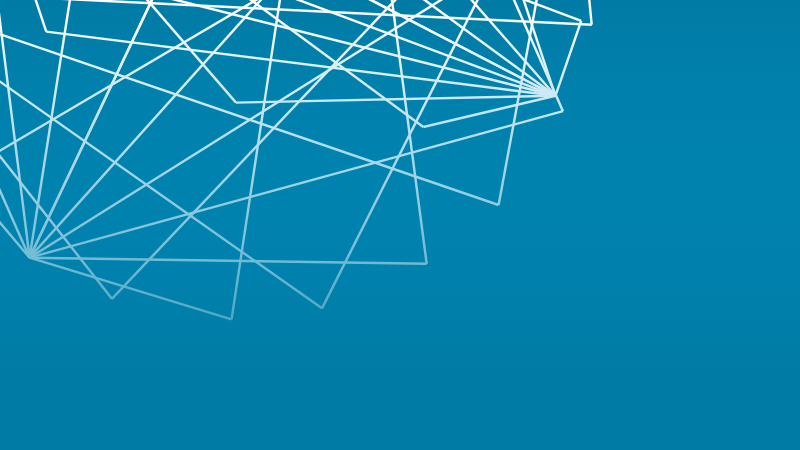
The basis of all good? New regulatory tools in DSA & Co.
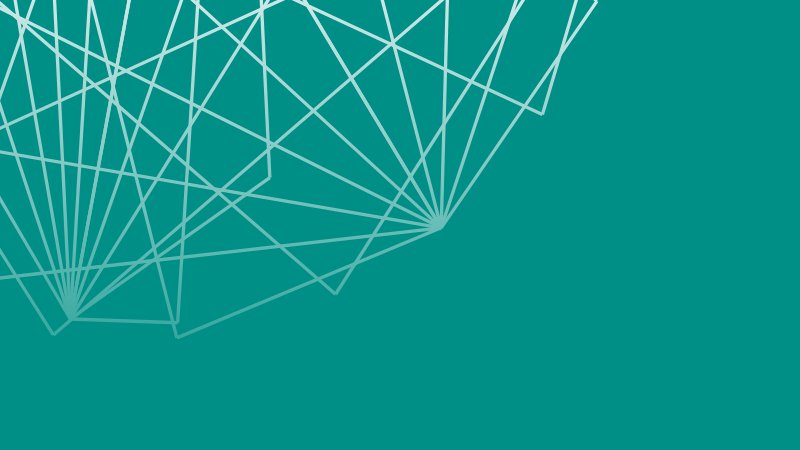
Dr. ChatGPT: The use of LLMs in academia

Multi-Stakeholder Dialogue: Women in the tech sector in Mauritania

Inspirational talk: Women* who inspire in technology

Ideathon on Gender Equality and Equity in the Tech-Sector

Inspirational talk: Women* who inspire in technology

Multi-stakeholder dialogue: A Gender Perspective on the Tech-Sector

Inspirational Talk in Ecuador: Women* who inspire in technology

Inspirational Talk in Mexico: Women* who inspire in technology

Multi-stakeholder dialogue: A Gender Perspective on Artificial Intelligence (AI) and Tech-Sector

Online Roundtable Discussion: How can we accelerate the production and adoption of e-government services in Morocco?

Multi-stakeholder dialogue: Artificial intelligence and sustainability

Multi-stakeholder dialogue: Digital entrepreneurship for climate

Green technology, digital entrepreneurship and climate
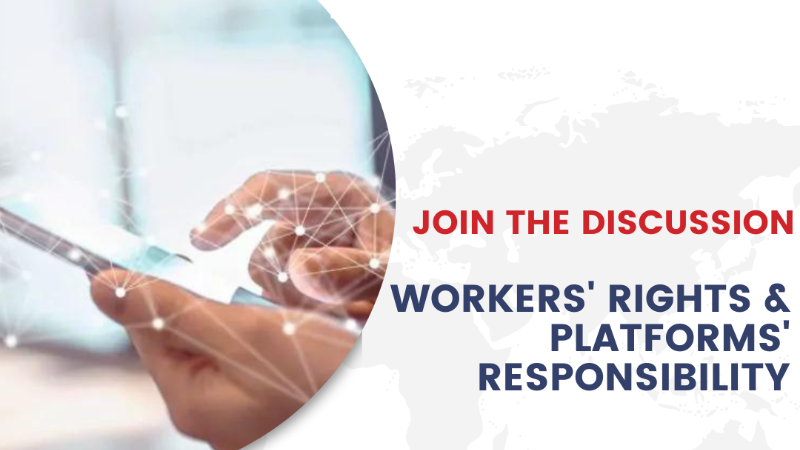
Towards a fairer online platform economy in Kenya

The future of online labour markets and regulation of the platform economy

Policies towards fairer online gig work

Sustainable digital entrepreneurship in Benin
Artificial Intelligence and Inclusion Symposium

Algorithmic Decision Making and its Human Rights Implications
NoC Working Meeting @AoIR 2016
Internet & Society: Emerging topics and research communities

